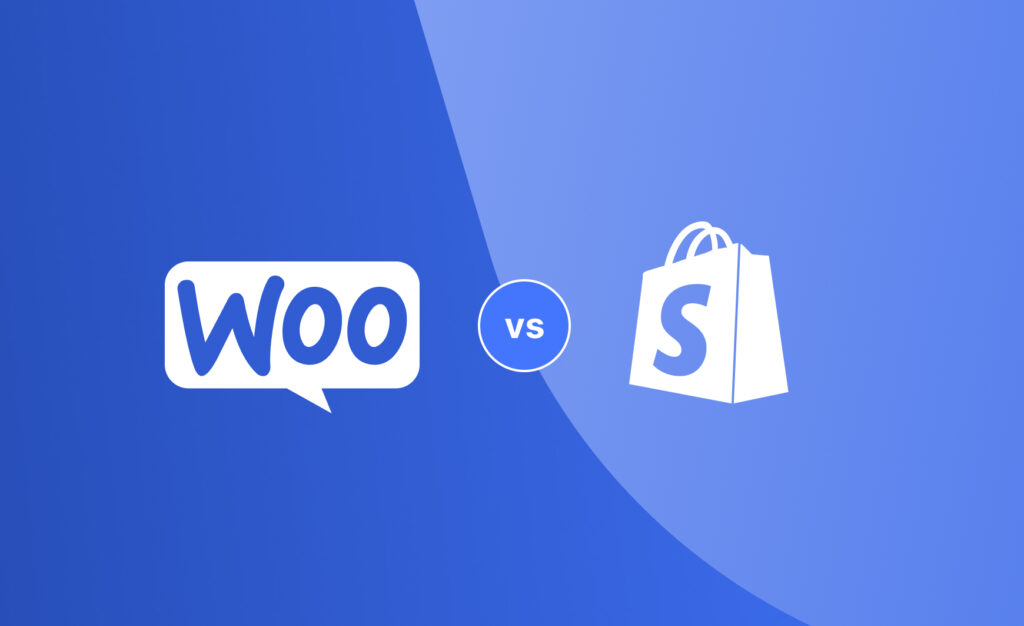Embarking on the exciting journey of establishing your online store requires careful consideration of the e-commerce platforms available. In this in-depth exploration, we’ll dissect the intricacies of WooCommerce and Shopify, helping you navigate the decision-making process to align with your unique business goals and aspirations.
As the e-commerce landscape evolves, choosing between WooCommerce and Shopify requires a meticulous evaluation of your business needs. Whether you gravitate towards the flexibility of WooCommerce or the user-friendly appeal of Shopify, prioritizing SEO best practices will undoubtedly elevate your online store’s visibility and drive organic traffic. Selvik invites you to embark on this insightful journey to discover the perfect e-commerce platform for turning your entrepreneurial dreams into a reality.
